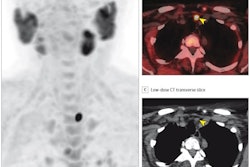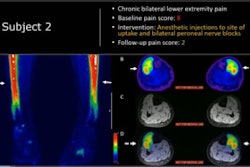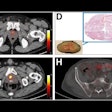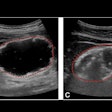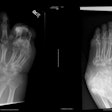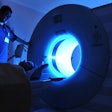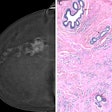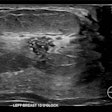Dear AuntMinnieEurope Member,
MRI exams that require sedation or general anesthesia often experience delays due to complicated logistics and the need for interdepartment coordination. However, a hospital in Singapore has been able to significantly reduce the number and length of these delays.
After implementing several quality improvement interventions, the institution decreased delays for these types of exams by more than 30%.
Meanwhile, a study from the University of Toronto demonstrated the potential for ChatGPT to improve surgical decision-making in patients with pancreatic ductal adenocarcinoma. The large language model generated structured pancreatic CT reports that were “near perfect”, potentially improving communication between radiologists and surgeons.
A group from the University of Amsterdam in the Netherlands utilized deep-learning algorithms to evaluate muscle quality on CT images of patients receiving transcatheter aortic valve implantation (TAVI). They found that AI-assessed low muscle quality was significantly tied to a higher risk of mortality.
In addition, researchers from France have concluded that F-18 fluorocholine (FCH) PET/CT could be a first-line technique for imaging parathyroid tumors prior to surgery. FCH PET/CT performed significantly better in a phase III trial than technetium-99m sestamibi (Tc-99m MIBI) SPECT/CT.
Finally, a recently developed PET tracer has identified sources of pain in patients with complex regional pain syndrome. Findings from whole-body PET/MRI scans with the new pain-specific PET radiotracer named F-18 FTC-146 led to effective patient treatments.
Philip Ward will return on 21 June.




